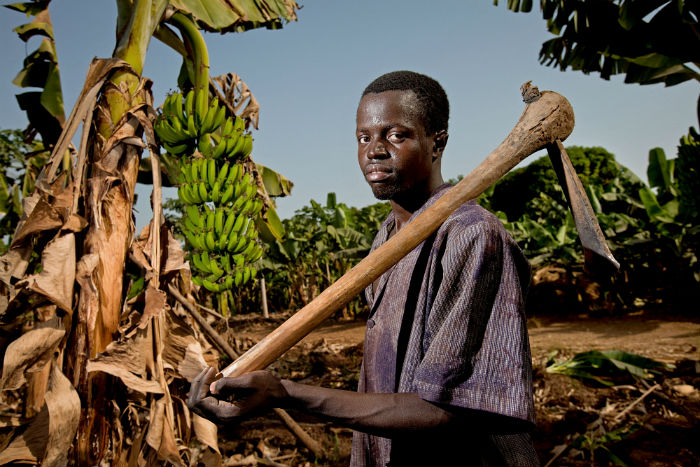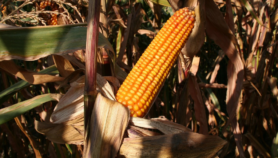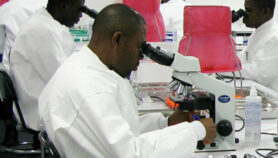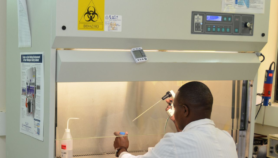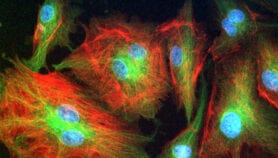Send to a friend
The details you provide on this page will not be used to send unsolicited email, and will not be sold to a 3rd party. See privacy policy.
[LILONGWE] Equipping the youth with innovative technologies could expand their business opportunities in agricultural value chain and turn many into entrepreneurs in Southern Africa.
This was one of the major impressions I got from Canadian Cultivate Africa’s Future Fund (CultiAF) entrepreneurship and innovation training last month (21-24 February) in Lilongwe, Malawi, where I also learnt that youth in agriculture face limited access to natural and financial resources, inadequate opportunities for upward mobility skills and experience to run successful business.
This necessitated call of interest from youths on fish value chain to generate and test novel, creative and bold models that increase the participation of youth in fish industry in Malawi and Zambia and maize post-harvest agribusiness sector in Zimbabwe.
YAAD is of the view that the presence of the food science department within the campus will help them raise the bar in terms of standards, nutrient identification but also quality before marketing.
Priscilla Nsandu, YAAD
I gathered from the meeting that the review process was initially developed around five core evaluation criterion: product understanding, strategies for capturing the market, business vision, management and financial discipline.
“The selected awardees that have received grants were trained in assessing agri-business environment, identification of viable opportunities, target market segments for selected fish. They were also mentored in developing a portfolio of youth managed business and high growth firms and linking them to business development services,” said Loreto Lekhoaba, an agri-business consultant with the African Technology Development Forum Entrepreneurship Hub of Zambia and specialises in innovation, entrepreneurship and business development.
One of the youth groups, the Youth Action in Agriculture Development (YAAD), is based at Lilongwe University of Agriculture and Natural Resources. Priscilla Nsandu, a member of the group says their fish sausage enterprise will require them to procure equipment such as mixers, grinders, casing and packaging devices.
“YAAD is of the view that the presence of the food science department within the campus will help them raise the bar in terms of standards, nutrient identification but also quality before marketing,” Nsandu tells SciDev.Net.
Another enterprise group is Malawi-based M and K Cooling System that are working on refrigeration and cool systems. Its member, Enock Palapandu, who attended the training says they are developing vacuum storage containers in the fish value chain to curb growth of microbial activities from supply sites to markets.
All these interventions, for me, are part of a technological drive to reduce post harvest fish losses in a bid to build resilient communities in the region. Low income young people who have traditionally struggled to access good quality processing facilities are being supported to scale up research, increase productivity and become entrepreneurs.
This piece was produced by SciDev.Net’s Sub-Saharan Africa English desk.


